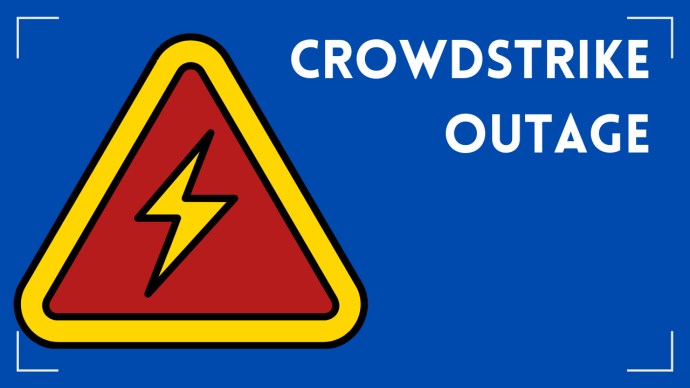 Did you know the average hacker could easily mimic you online? We see it everyday on social media networks. In fact, Facebook, Twitter and even LinkedIn are filled with fake accounts of people you may know. Hackers use fake identities to make friends with you and lure you to believe you’re talking to that long lost friend or family member across town.
Did you know the average hacker could easily mimic you online? We see it everyday on social media networks. In fact, Facebook, Twitter and even LinkedIn are filled with fake accounts of people you may know. Hackers use fake identities to make friends with you and lure you to believe you’re talking to that long lost friend or family member across town.
Once the hacker builds your trust, they’ll attempt to steal your personal information and gather more intelligence about you. How do they do this? That’s simple: a fake account is created, then all of your information is copied from an existing social media profile and all of your friends are added and tricked into speaking with the hacker.
Sounds pretty simple, doesn’t it? If you think you’re safe from hackers, that’s actually far from the truth. Hackers will even steal passwords of social media users! Keyloggers, such as the one that fooled users into believing it was scanning for Heartbleed, are used to records keystrokes and send the information to the hacker.
Chris Pogue, director at Chicago-based security company Trustwave said in a recent interview, “There is a pretty good possibility that the password you use on social media will be very similar, if not the same as the username/password you use in your business, banking and other online services.”
From Slow Computer Performance to Costly Data Loss – Your Business Can’t Afford to Become the Next Victim of a Hacker!
While hackers are becoming more and more sophisticated each day, there’s a few ways to protect yourself online. And it’s critical to take precautions – an attack could lead to slow computer performance, costly data loss, and even potential legal liability. Ultimately, this takes a huge toll on your productivity and profitability.
Here are some very basic tips to protect yourself:
- Be careful on social media: Keep your social media and other online activities restricted to those you know and trust. Also, keep your profiles locked down to the general public.
- Use different passwords: Always use different passwords for separate sites and services. If a hacker breaks one password, they’ll try to use that password for all of your accounts.
- Look out for phishing emails and spam: Look out for phishing emails and spam – which make up 70% of the email traffic online. Keep in mind, your bank, credit card companies, and any legitimate company will not ask you for your passwords or personal information via email.
And most importantly, always practice safe computing and limit your online activities to those you know and trust.
Looking for more information to keep your business secured from emerging threats? Tired of dealing with potentially harmful spam? Sydney Technology Solutions is here to help you out! Give us a call at (02) 8212 4722 or send us an email at [email protected].



